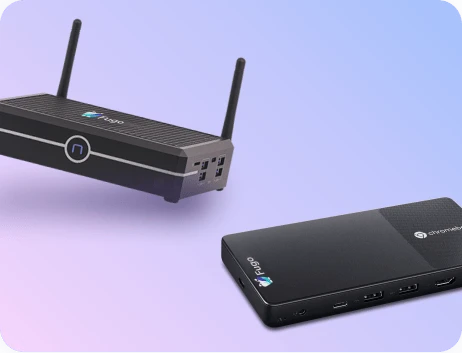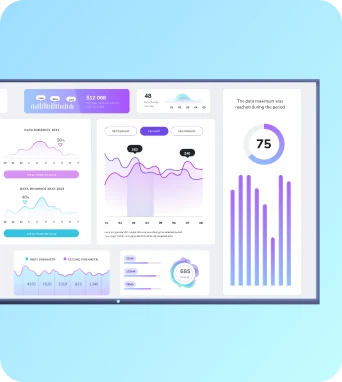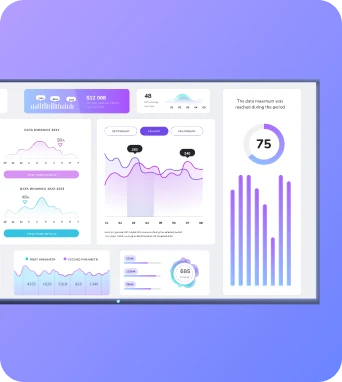SDK
A Software Development Kit (SDK) is a collection of tools, libraries, and documentation that developers use to create applications for specific platforms or software environments.
What is SDK?
SDK Components: Tools and Libraries
Practical Applications of SDKs in Digital Signage
Explore SDK Solutions with Fugo
Keep the learning going...
Screen zoning
Screen zoning refers to the process of dividing a digital display into multiple sections, each showing different content simultaneously to enhance viewer engagement.
ScreenCloud player
ScreenCloud player is a software application designed to display digital content on screens, facilitating the management and deployment of digital signage across various platforms and devices.
Seamless display stitching
Seamless display stitching refers to the technology and techniques used to combine multiple display screens into a single, cohesive visual experience without visible gaps or interruptions, commonly used in digital signage to create large-scale, immersive displays.



